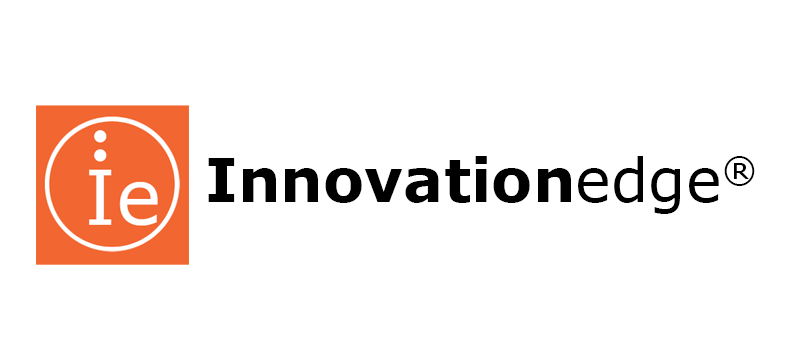Every year I come away from CES (Consumer Electronics Show) amazed at how influential technology has become in our lives. It’s not just about clever gadgets, large screen TVs, concept cars, and shiny objects – it’s about the many ways our world is changing. The displays and talks reflected how everything from healthcare, the environment, and urbanization to retail, transportation, and travel are powered by technologies such as Artificial Intelligence, 5G, Augmented Reality (as well as “Parallel” and other “Realities”), and more.
Consumer buying behavior and pattern tracking are key drivers. The lines are blurring between the wow factors of entertainment, product intelligence, and ultra-convenience. (Witness Amazon’s Alexa-enabled FireTV becoming available in BMW and Fiat infotainment systems). Personalization is huge, but you must get it right or risk alienating customers. The biggest challenge is achieving one-to-one personalization at scale.
Competing in this environment is complex; partnerships are necessary and non-traditional. Brands are less important than functionality and mission. Overall, success depends on using the power of technologies for “good” (as opposed to evil, as superheroes might say.) And nobody wants their privacy invaded; companies must respect, protect, and manage data precisely like never before. P&G Chief Brand Officer Marc Pritchard spoke emphatically to this point.
Here are some highlights:
- AI: AI was dominant throughout the show floor and will be a ‘key ingredient technology’ over the next decade based on advances in full field of view, higher resolution, and better head and eye tracking. Companies debuting their latest AI solutions included Brunswick, Doosan, John Deere, and Kyocera.
- 5G: The entire 5G ecosystem – the backbone for connectivity, transportation, augmented and virtual reality, digital health and more – came together. Carriers and mobile operators, such as Verizon, Sprint, AT&T, Nokia, and Ericsson, demonstrated the latest advancements in 5G’s speed, reliability, and efficiency.
- Digital Health: Digital health technologies were a major theme, with advancements in digital therapeutics, wearables, and remote patient monitoring as digital health addresses real world issues like opioid dependence, mental illness, and chronic disease.
- Partnerships: Numerous partnerships were announced including: LG and Microsoft (automotive infotainment and management systems); Quibi and Google Cloud for content delivery; Amazon with Garmin and Voxx Automotive for in-vehicle entertainment; Delta Air Lines and IBM to explore quantum computing applications relevant to the airline industry; Ericsson and Veoneer (Active Safety and Autonomous Driving); Mediron and Matrix Industries to deliver the first health monitoring smartband that never needs to be changed; Samsung and BMW creating new mobility experiences, and many more.
Key Takeaways
- Technologies are rapidly advancing, but don’t get caught up with the latest and greatest. Stay focused on your customers and their underlying needs.
- Do pay attention to IT advancements, however – meticulous data management is critical to the overall customer experience.
- Technology strategy and knowledge management are necessary to win in the connected space.
- Focus on the big picture, make sure your organization is aligned and knows where it’s going. Develop and/or acquire the skills you need to compete at the top of your game.
- Move fast. Form small nimble teams of dedicated resources that can quickly pivot.
